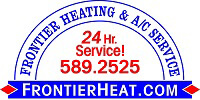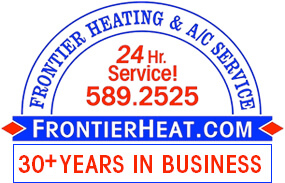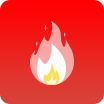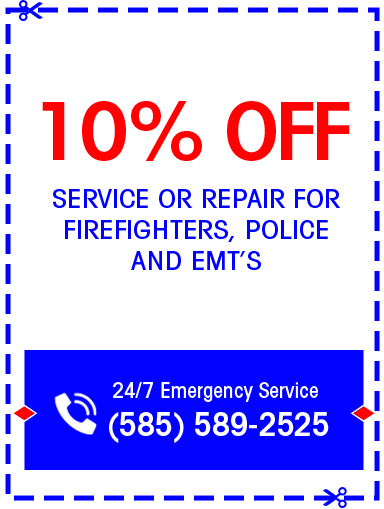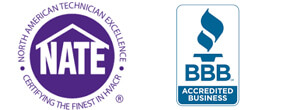Heating season is upon us and there are precautions everyone should take with their home heating systems, chimneys, and all venting for that matter. When it comes to safety, we recommend a professional inspection of these areas of concern. Carbon Monoxide Detectors or alarms, as well as fire alarms, should be present with fresh batteries in them.
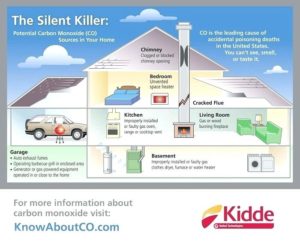
- Missing HVAC equipment parts
- Clogged heater draft hood
- Flue gas spillage
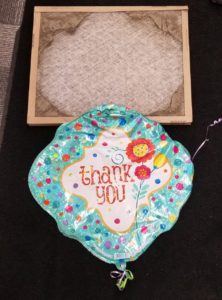
Chimneys and flues should be inspected for possible blockages annually, a certified chimney sweep can look at your chimney from all angles and are equipped to make any repairs necessary. Below are items to consider in the maintenance of your heating system:
- Inspecting the Heat Exchanger. Without proper functioning, your heating system will not be able to run efficiently and may pose serious danger if it is compromised.
- Cleaning your system’s burners
- Inspecting all safety switches
- Cleaning and inspecting of system’s blower motors, which may also include lubrication
- Checking fan belts for any signs of cracking or breakage
- Check the thermostat to be sure your furnace is firing correctly.
- Collect flue gas samples to test your system’s efficiency level.
- Replacing Air Filters that can become clogged.
- Inspecting and assuring that all vents are properly installed
- Replacing oil furnace nozzles and fuel filters
- Checking Drain Lines
